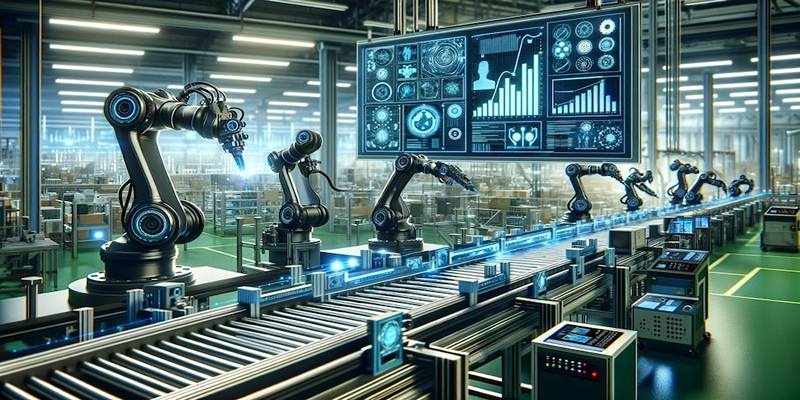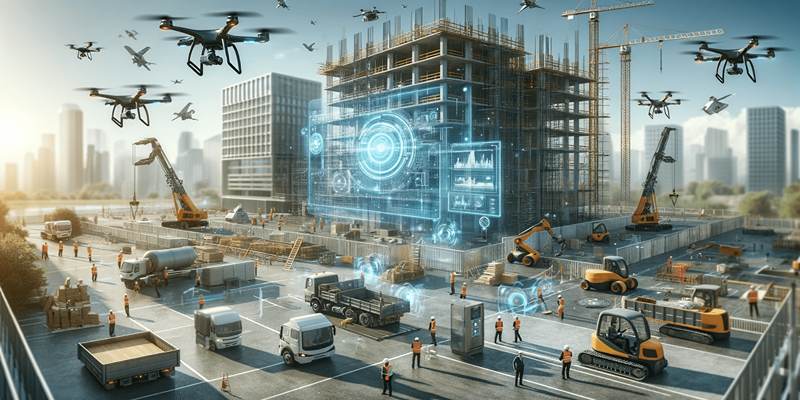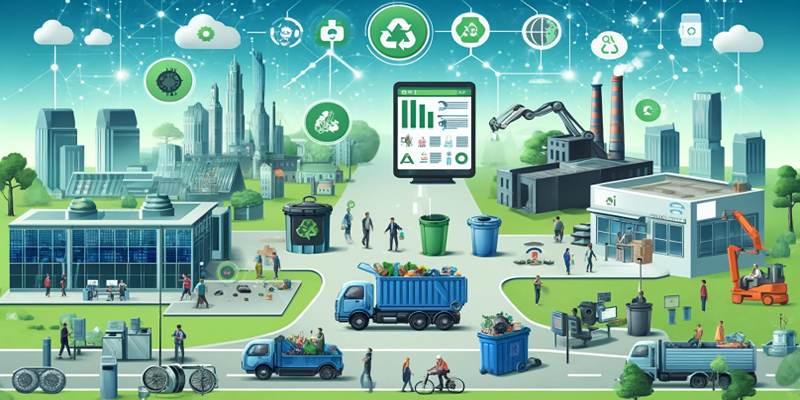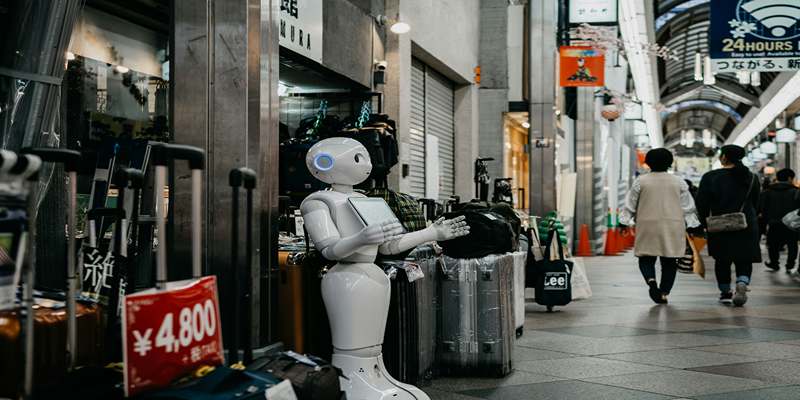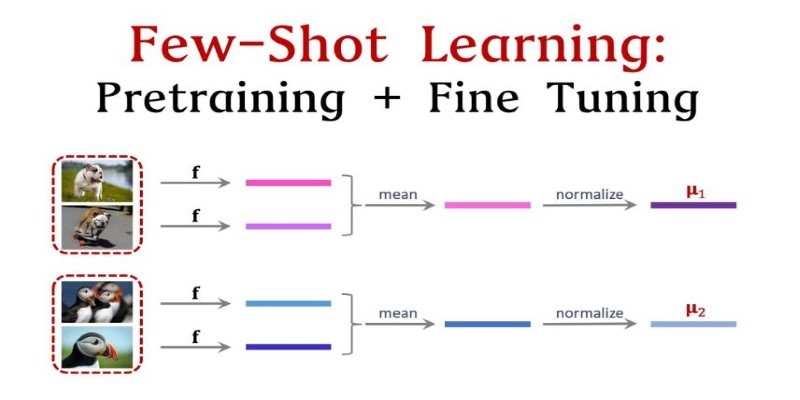With the continuous development of artificial intelligence technologies, organizations are implementing them to enhance performance and reduce expenses. However, this has raised questions on employment security, promotion opportunities, and adaptability of skills. Is it going to replace the conventional career paths or come up with new paths of progression in one’s career? This is true in some sense, while on the other hand, AI is creating new opportunities and new sets of skills. It is important for the employees and businesses to understand the emergence of the AI career in order to adapt themselves to the changes and make better future decisions.

The Impact of AI on Career Growth
How AI Is Reshaping Job Roles
The functioning of jobs is being changed by the integration of automation across sectors through artificial intelligence. In everything from manufacturing to finance, healthcare, and customer service, AI is improving efficiency by dealing with administrative work. This shift enables human employees to work on other higher-value activities like decision-making and strategizing. However, some roles are under threat of redundancy because of AI’s ability to execute such tasks on a routine basis. For instance, the use of chatbots to replace human interaction with clients and the use of machine learning to manage the supply chain. However, there is no doubt that AI also brings new opportunities, and therefore AI career impact is a double-edged sword that can only be effectively managed through constant learning of new skills.
Automation and Job Displacement: A Real Concern?
The new wave of jobs that are characterized by automation has raised concerns of job losses, citing that industries that involve many repetitive tasks are likely to be affected. Some of the most endangered workforces include data entry clerks, factory workers, and even legal analysts. Technological changes have always affected the labor markets in the past, although they have also called for new occupations. The main issue is to accommodate the affected workers and introduce them to other jobs. It has become necessary for governments and businesses to put their money and resources into reskilling initiatives to support their workers. On one side, automation replaces many jobs; on the other hand, it requires human intervention, teamwork, and inspiration, all of which AI lacks.
New Career Opportunities Created by AI
Although it is true that some jobs are being lost to AI, there are also new industries emerging through the advancement in this technology. The most sought-after professions are artificial intelligence specialists, data scientists, and managers of automated processes. Also, it is giving rise to new professions in which people and artificial intelligence are to work together, for instance, AI ethicists and human-in-the-loop practitioners. These roles also involve a certain level of technology and human interaction to guarantee that recommendations made by the AI system are equitable. With the continuous incorporation of AI, there will be a demand for versatile workers in the labor market. Another trend is the increasing interest in AI upskilling initiatives to ready personnel for the digital change.
Adapting to AI-Driven Career Changes
Upskilling and Reskilling for AI Integration
The promotion of AI has grown rapidly, and this makes it mandatory for individuals to upgrade their skills since they are going to be replaced by AI. Most sectors are now investing in reskilling programs targeting data analysis, artificial intelligence, and other digital competencies. The different programs aimed at reskilling the workers include online classes and corporate training to work under AI assistance. Moreover, universities and technical schools are increasing the number of AI-related programs due to the high demand for AI on the market. It is evident that the education in artificial intelligence will be a great benefit for the employees in the future job markets. Thus, the focus on the learning opportunities allows employees to be prepared for the future, in which the disruption through AI is unavoidable.

The Role of Soft Skills in an AI-Dominated Workplace
On the same note, AI has no comprehensive way of emulating human characteristics such as emotions, creativity, and strategic thinking. There is an increasing importance of communication, leadership, and adaptability because technical skills are being taken over by AI. Those jobs where one is required to negotiate, solve problems, and make connections with people cannot be transferred. For example, although AI is capable of analyzing financial markets, human advisors have to evaluate the client’s needs and gain his/her trust. In the future, the professionals who will be able to sustain themselves in their careers are those who will develop both technical and interpersonal skills. It is therefore now a requirement for employees to be able to work with AI as opposed to competing with it.
How Companies Can Balance AI and Human Employees
There is the need to strike a balance between the use of AI and the human resource in an organization. In contrast to displacing people, AI can be used to build up the workforce proficiency of organizations. For example, AI use in the healthcare sector helps in diagnosing patients rather than displacing doctors. Likewise, AI-assisted analytics assist financial specialists in making evidence-based conclusions. Employers should pay attention to the proper integration of AI in the organization and, in particular, with regard to effects on the workers.
The Future of Career Progression in an AI-Driven World
AI is changing the traditional career path by adopting the talent-based model. Employees can no longer work their way through a structured career progression plan as seen in the past. For example, IT and finance specialists are enhancing their skills in order to adapt to the existing conditions with the help of artificial intelligence. The relentless advancement of AI in automating different tasks prompts corporations to reconsider the organizational chart and hone in on the positions that need human supervision. The linear career path of the past may no longer remain as the ideal model, with constant learning as the new key to career success.
Conclusion
AI is undoubtedly transforming the job market, reshaping career paths, and challenging traditional employment models. While AI career impact may disrupt some roles, it also creates new opportunities that demand continuous learning and adaptation. Businesses must balance automation with human expertise to maximize productivity while ensuring job security. Employees who embrace upskilling, adaptability, and soft skills will remain competitive in this evolving landscape. Rather than fearing AI, individuals and organizations should view it as a tool for progress, fostering innovation and career growth in an era where technology and human intelligence coexist.


